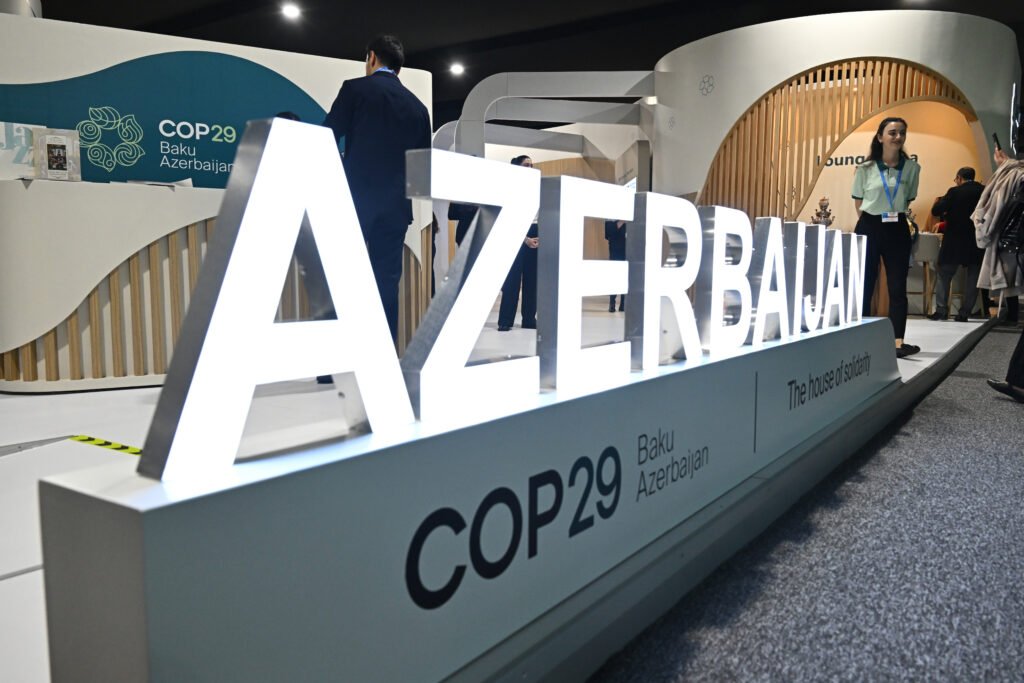Original source title: "The US no longer supports capping plastic production in UN treaty"
Summary
The Biden administration has shifted its stance on the global plastics treaty, moving away from supporting mandatory production caps on plastic. Instead, they favor a flexible approach allowing countries to set voluntary targets. This change has disappointed environmental advocates who had hoped for a stronger commitment. The upcoming negotiations in Busan, South Korea, will focus on how to reduce plastic production, with concerns that the U.S. may not support binding agreements.
Highlights -📰
- Policy Shift: U.S. backs away from mandatory plastic production caps.
- Advocacy Disappointment: Environmental groups express frustration over the reversal.
- Negotiation Focus: INC-5 talks in Busan will address voluntary targets instead.
- Flexibility vs. Commitment: U.S. aims for a “flexible” approach to plastic reduction.
- Global Support: Nearly 70 countries favor production limits over waste management.
- Complexity in Policy: Uncertainty remains about the specifics of U.S. policy.
- Future Concerns: Advocates worry about the impacts of a weaker treaty on vulnerable communities.
The Biden administration has backtracked from supporting a cap on plastic production as part of the United Nations’ global plastics treaty.
According to representatives from five environmental organizations, White House staffers told representatives of advocacy groups in a closed-door meeting last week that they did not see mandatory production caps as a viable “landing zone” for INC-5, the name for the fifth and final round of plastics treaty negotiations set to take place later this month in Busan, South Korea. Instead, the staffers reportedly said United States delegates would support a “flexible” approach in which countries set their own voluntary targets for reducing plastic production.
This represents a reversal of what the same groups were told at a similar briefing held in August, when Biden administration representatives raised hopes that the U.S. would join countries like Norway, Peru, and the United Kingdom in supporting limits on plastic production.
[...]





